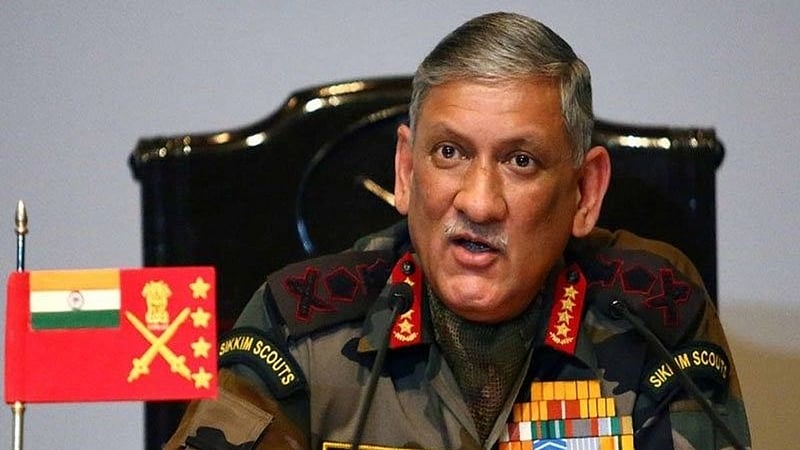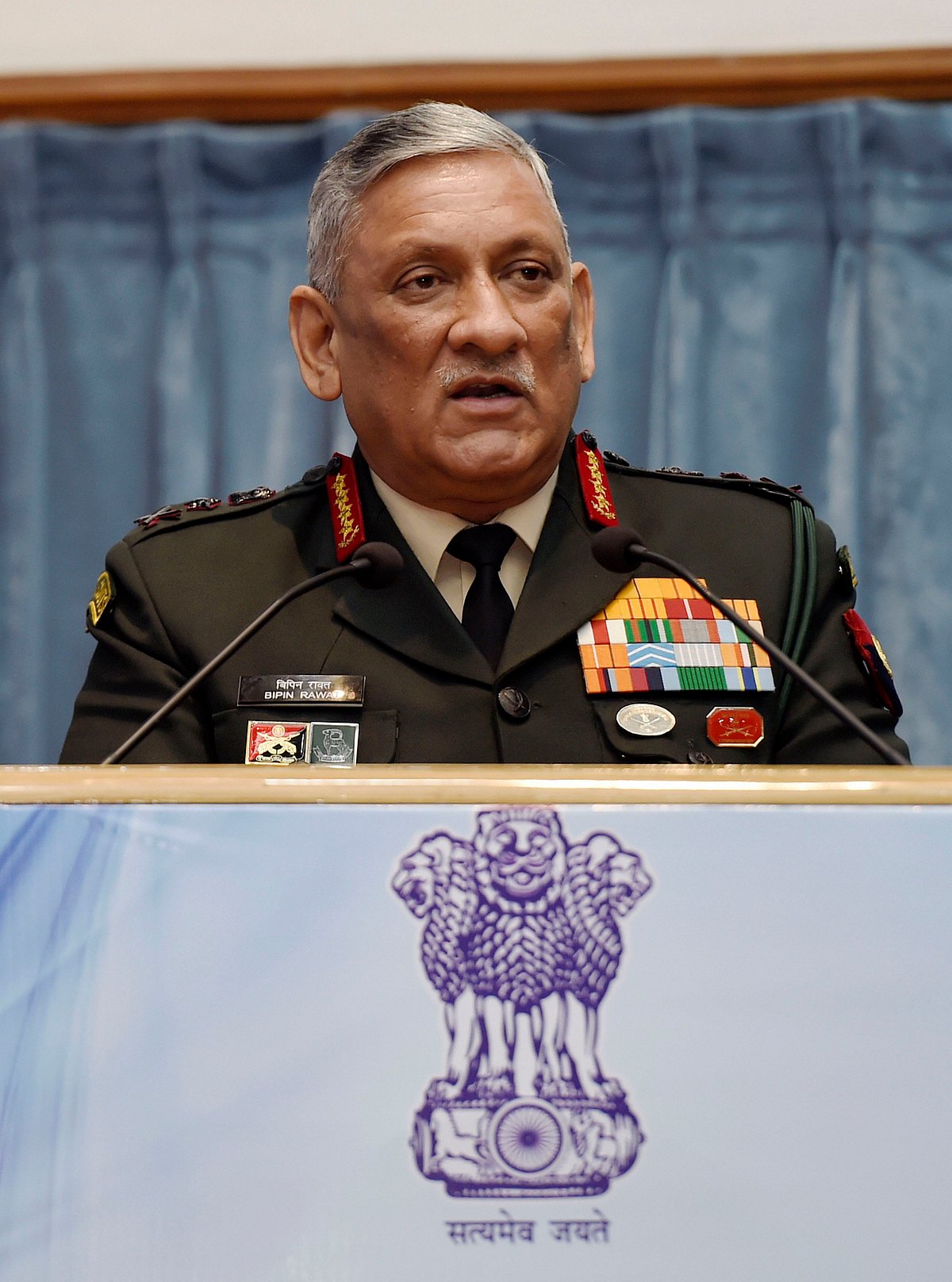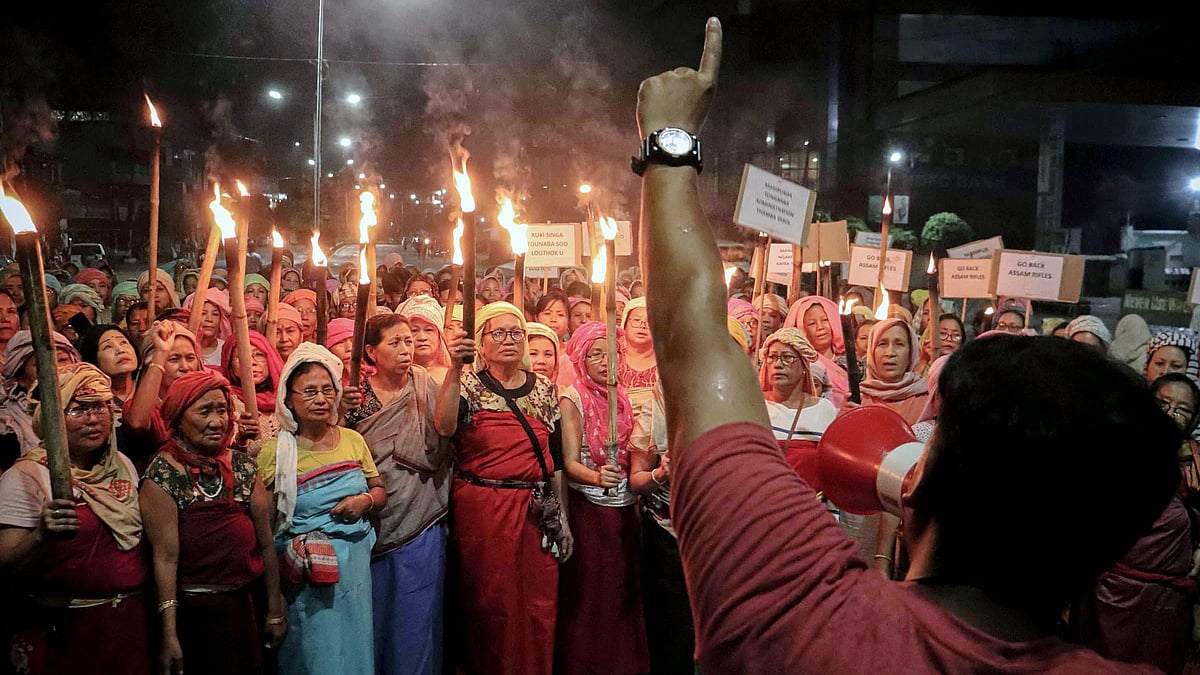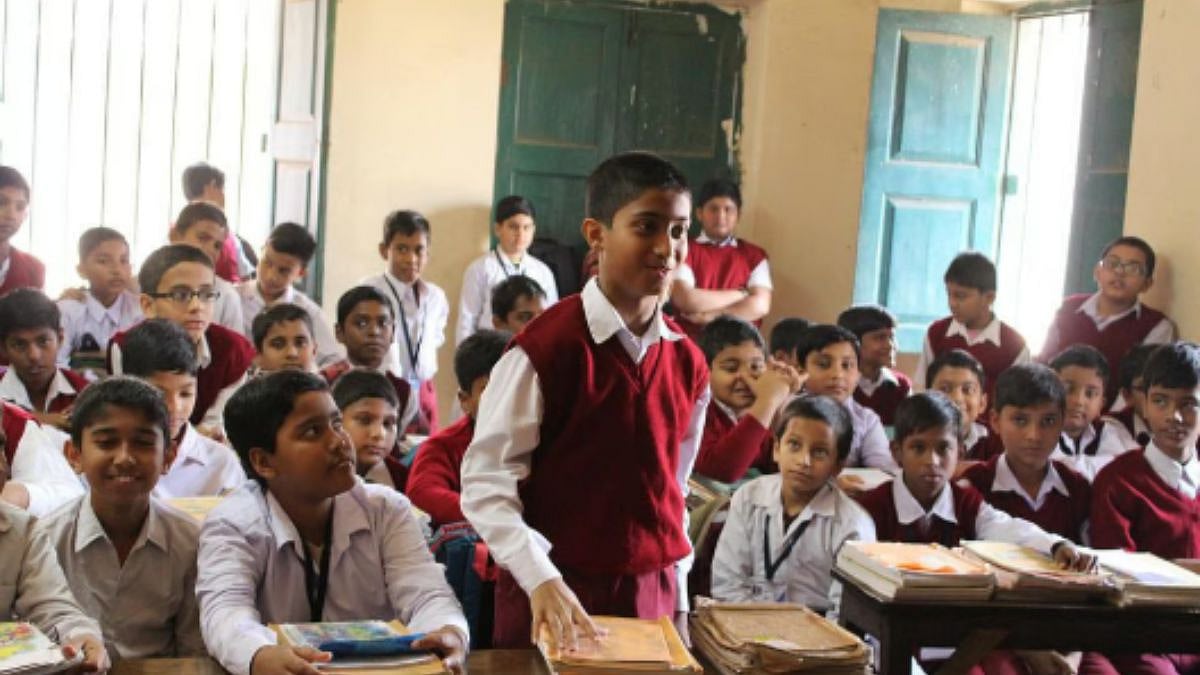In the routine political slugfest that is the staple of daily news, there is a tendency to ignore some of the good work a government does. Given that good news anyway does not make headlines, it is not surprising that vital changes to correct governance systems often get less than required public attention. For instance, on the day the Union Cabinet decided to undertake the decadal census and compose the second National Popular Register, two far-reaching reforms were also announced. Both merit attention. The first concerns the creation of the first-ever post of a four-star Chief of Defence Staff (CDS) as Chief Military Advisor to the Government. A long-pending reform of our military system, Prime Minister Modi had announced from the ramparts of the Red Fort in his Independence Day address to the nation following his re-election earlier in May that the post of the Principal Military Adviser will be created soon. The Chief of the Defence Staff will also be the Permanent Chairman, Chief of Staff Committee (COSC). A number of expert panels had for long recommended the creation of such a post, most significantly the post-Kargil committee under K Subrahmanyam. It had strongly sought such a post as part of an overhaul of the defence system. The CDS will help integrate the decision-making process in the overall military scheme of things, but, significantly, will not exercise any operational control over the three defence forces directly. The mandate of the CDS is wide-ranging. Bringing about jointness in ‘operations, logistics, training, support services, communications, repairs and maintenance of the three Services, within three years of the first CDS assuming office.’ Quite a responsibility, indeed. Further, he will act as the Principal Military Adviser to Defence Minister on all tri-Services matters. The CDS will also function as the military adviser to the Nuclear Command Authority which is chaired by the Prime Minister and thus play a key role in the strategic sphere. Notably, CDS would come under the ambit of the Right to Information Act. The Department of Military Affairs, with its own personnel and powers, will be headed by the CDS and deal with the three services, and procurement exclusive to them barring capital acquisitions. Major militaries in western nations have had the post of chief of defence staff for a long time now. This was a lag in India which successive governments had failed to fill, often causing a constant friction, turf war and tussle over scarce funds for defence procurement among the three chiefs. Besides, there has always been a collective heartburn among the service chiefs that the civilian administration in the Defence Ministry pays scant heed to their concerns. Hopefully, the proposed CDS will help correct the balance to a certain degree, though ultimately it is the political leadership which must strike a balance between the conflicting demands on the civilian and defence needs and protocols. Speculation that the Army Chief Bipin Rawat, who retires at the month-end, and whose successor has already been named, may well get the coveted CDS post doesn’t seem to be without a basis. Given his equation with the National Security Chief Ajit Doval, it is more than likely that Rawat may become the first CDS.
Meanwhile, the second far-reaching reform concerns the revamp of the Railway Board. No less hierarchy-ridden than the civilian administration, it was high time the British-era Board was revamped and made more performance-oriented. Various silos in the Board often worked at cross purposes, eroding operational efficiencies. Instead, the entire top management-level personnel numbering over 8,000 would now be organized into a new integrated cadre, the Indian Railway Management Service. Promotions and transfers within the cadre would be governed on performance instead of earlier when each member of the Board pressed to push his own favourites vis-à-vis those belonging to the rival division under a fellow Board member. As the biggest employer in the country, with about 17 lakh people on its rolls, the Railways play a key role in the national economy. Though its freedom of action in becoming economically viable is circumscribed by its enormous social responsibilities, there still remains a huge scope for improvement in its functioning. The revamp of its organisational structure, hopefully, will help it discharge its functions better at a time when it is losing ground to road and other means of transportation.






